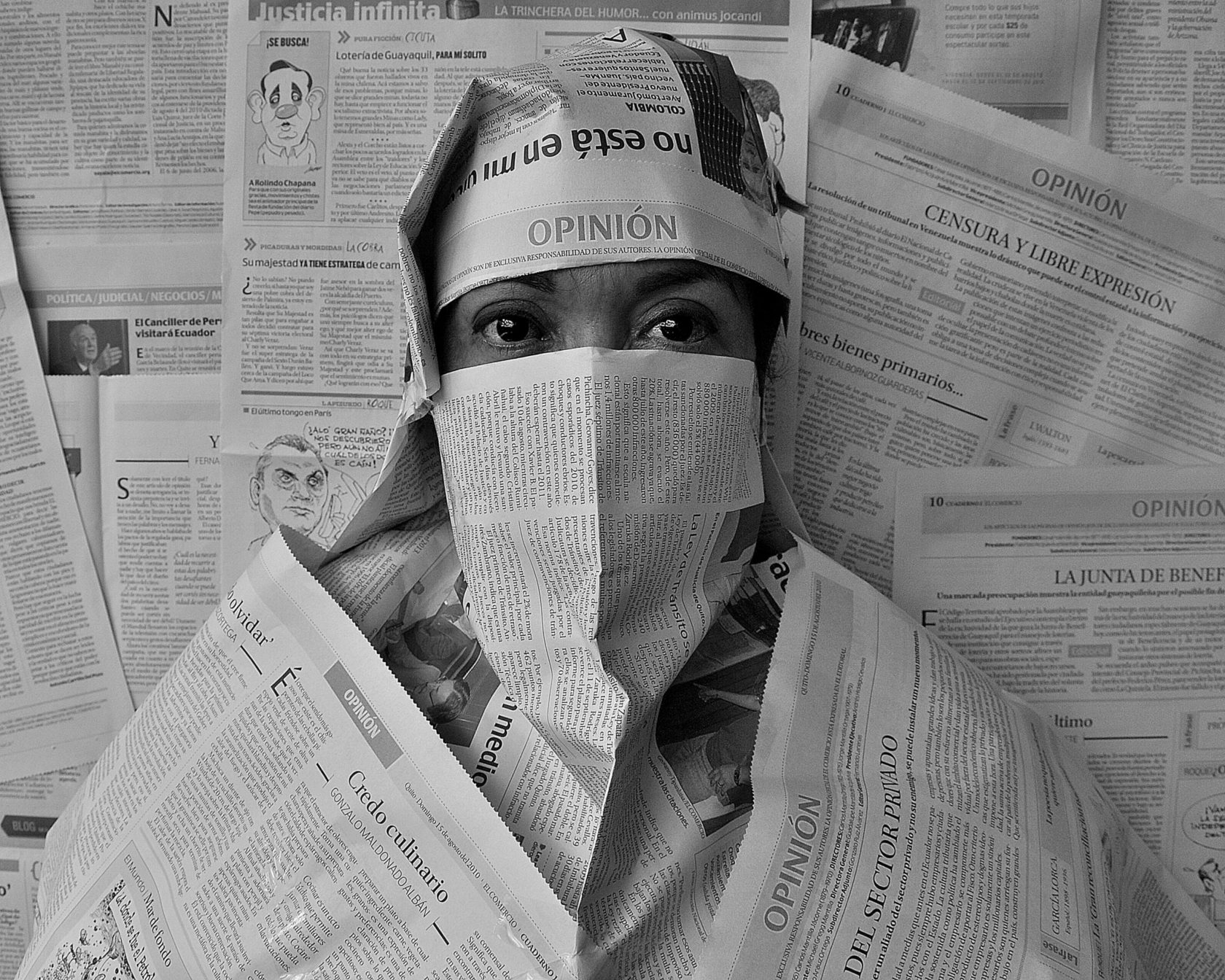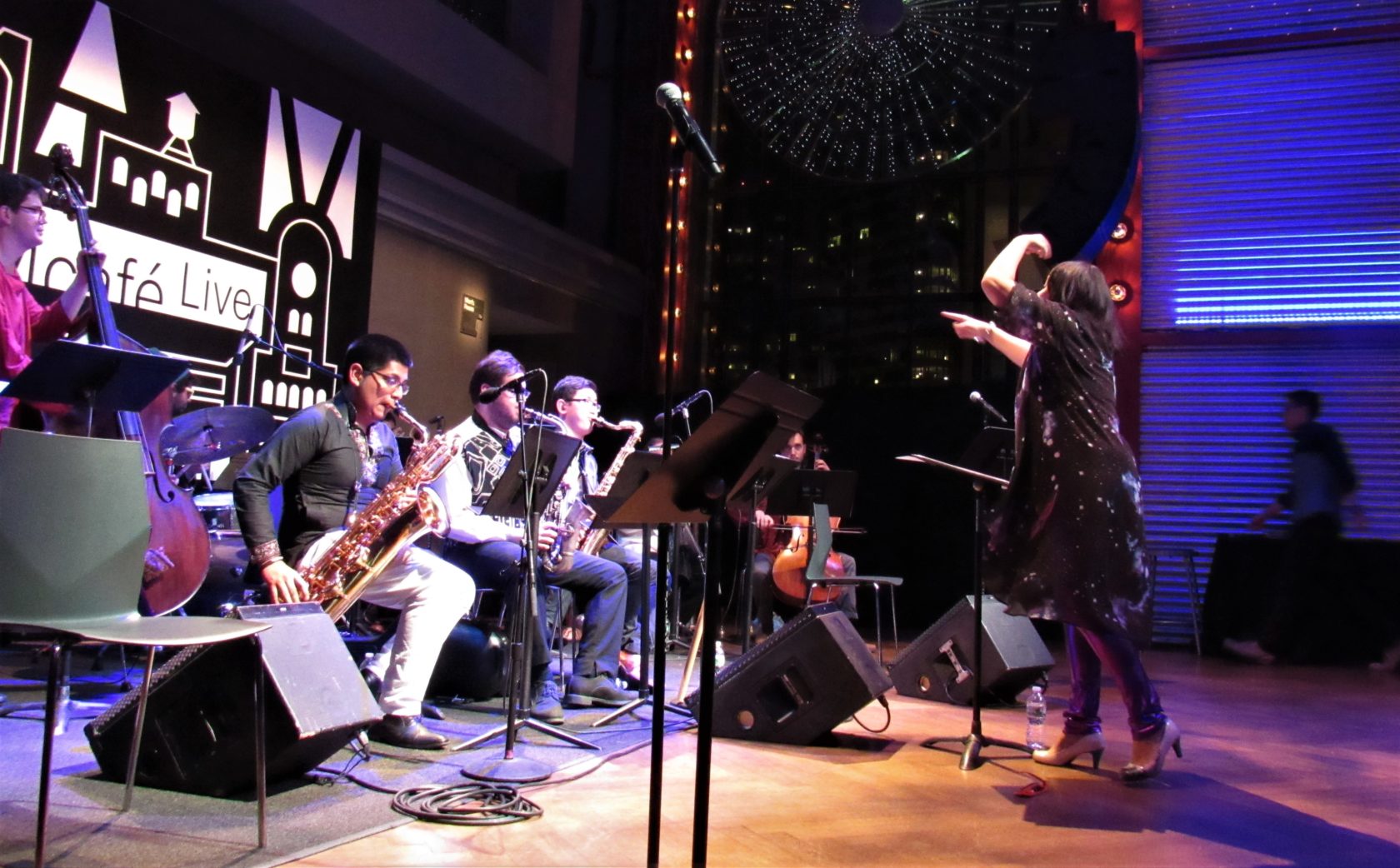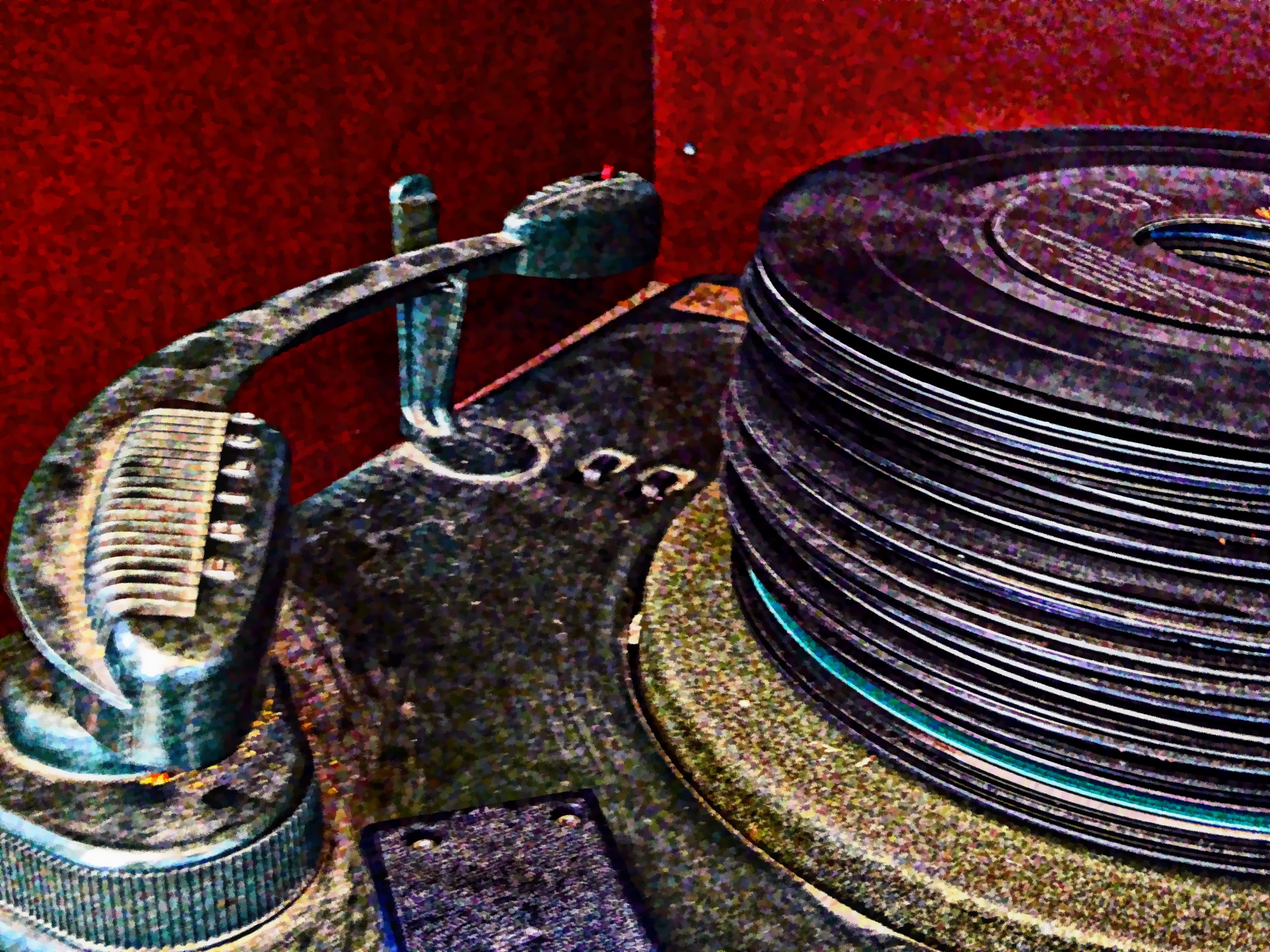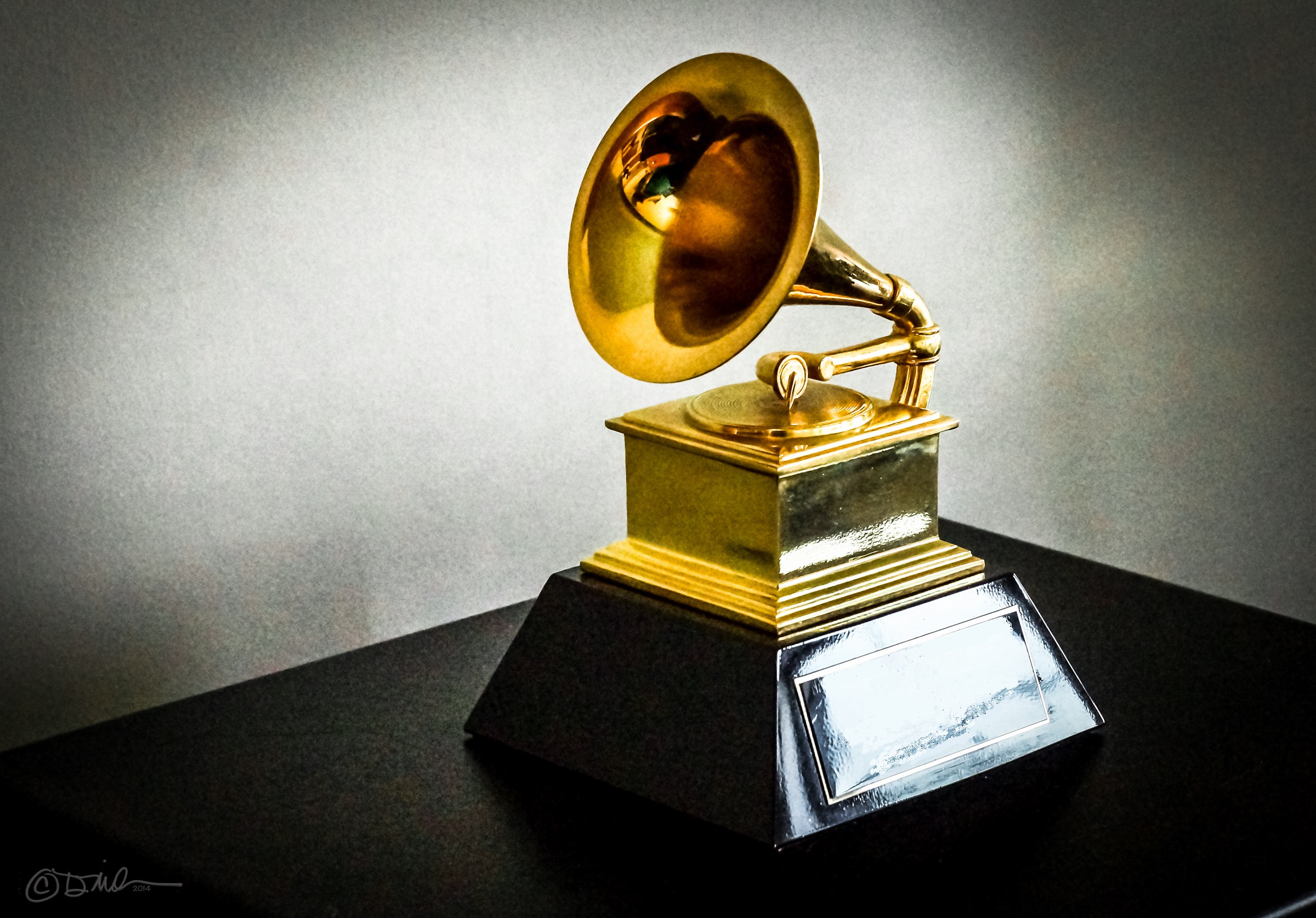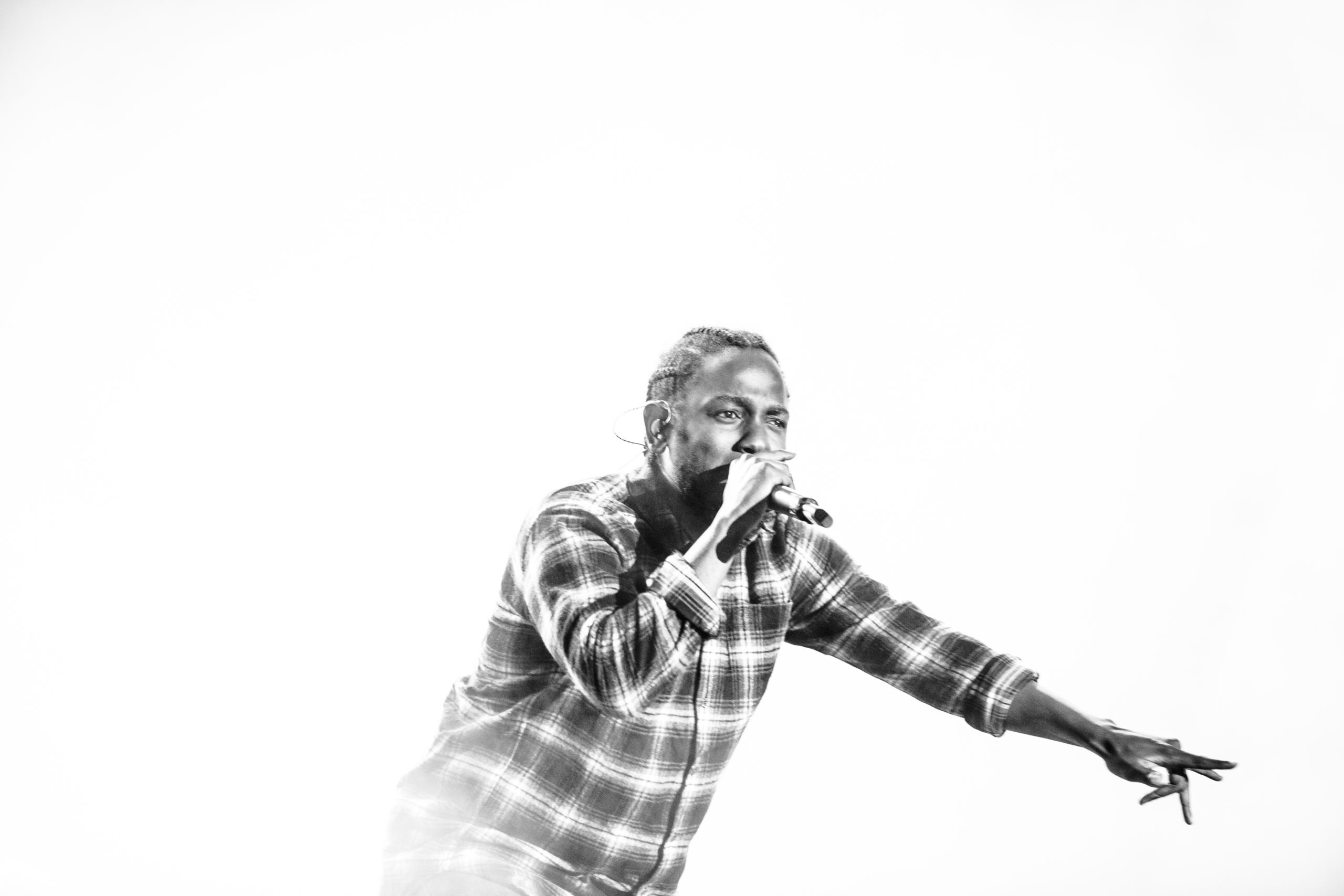
To Pimp A Butterfly has so much to say
On Pimping
The first track, “Wesley’s Theory,” opens with a sample from Boris Gardiner’s “Every Nigger is a Star” which was featured in a Jamaican Blaxploitation flick in the 1970’s. The sample sets the tone for the whole album, and indirectly references Kendrick’s Butterfly/Caterpillar/Cocoon theme: is it empowering? Is it degrading? “Wesley’s Theory” continues setting up the conflicts that will play out through the rest of the album. Uncle Sam and consumerism are hopelessly intertwined, and consumerism is the poison apple, especially in hip hop culture. Kendrick Lamar is headed for the White House, but the White House wants nothing to do with him and his loved ones in Compton: “we should never gave niggas money/go back home.”
The second track on Butterfly is a lilting spoken word piece placed over a moaning saxophone, Kendrick refusing to be pimped out by the record industry: “this dick ain’t free.” It’s reminiscent of Gil Scott-Heron’s “The Revolution Will Not Be Televised,” and the comparison foreshadows the prediction of revolution that comes at the end of “Mortal Man.” The relationship between success, money, the devil (“Lucy”) and the music industry is a pervasive theme throughout the album, coming to a head in “How Much A Dollar Cost,” as Kendrick loses his place in Heaven for his selfishness.
On Butterflies
After “i” (which we were already familiar with), the proud and supremely, irreverently funky “King Kunta” has the biggest party-track potential. The upbeat feel of “i” changes dramatically after 14 heavy songs of context, as it is forced into serving as an antidote to “u”’s honest misery and palpably painful self-doubt. In context, the joy of “i” softens, but it becomes more honest and relevant, too: despite all the hurt, I can still be happy. We can still be happy. I will love myself, even—or especially—if no one else does.
Butterfly records Kendrick’s desire to be a voice for his people, a “Malcolm” or a “Nelson,” but his simultaneous insecurity about deserving the role. In “The Blacker the Berry,” Kendrick repeats that “I’m the biggest hypocrite of 2015” and he questions the influence he’s had in tracks like “Momma” and “u.” He’s unsure of where his loved ones in Compton are headed, and wonders whether he’s made the right decisions. Was leaving the right thing? What has he done since? And of course, the repeated first line of poem that weaves its way between tracks, finally terminating on “Mortal Man,” confesses, “I remember you was conflicted/misusing your influence/at times I did the same.”
On Revolution
To Pimp A Butterfly finishes with “Mortal Man,” a 12-minute track that features a trippy beyond-the-grave conversation with Tupac, as well as the poem that titled the album. Kendrick seems to be growing more comfortable with his leadership role in the black community. Kendrick asks Tupac when black people will get tired of fighting a losing war, and Tupac answers by predicting bloodshed and armed revolution.
After the tension of the album, the sentiment is foreboding, but Kendrick closes with a poem reminding us that the butterfly and the caterpillar are “one and the same.” Which is certainly comforting, considering Tupac “leaves him” at that point: leaving us all to find our own answers.
I’m not sure whether there are answers in this album, or just important questions. Either way, I am so grateful that these themes are being forced forwards. Kendrick Lamar may not think he’s ready to be a leader, but To Pimp A Butterfly might be his crown—or his wings.

